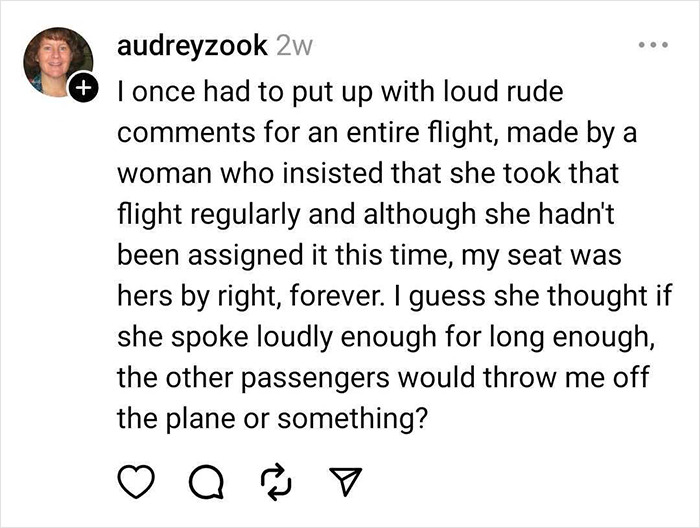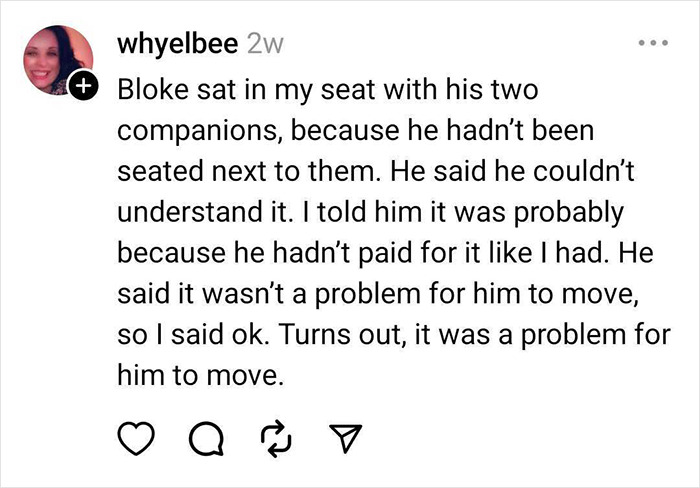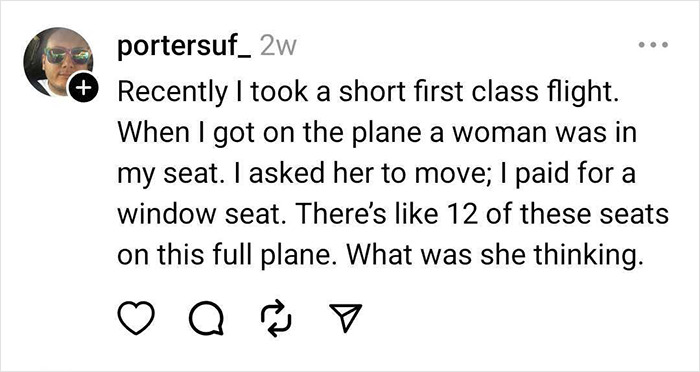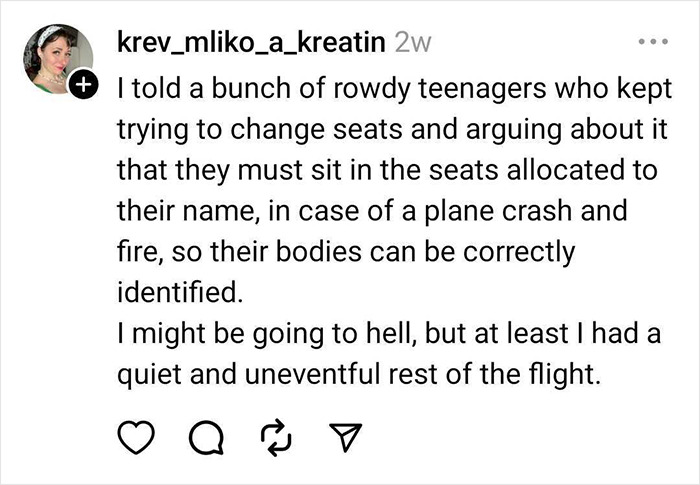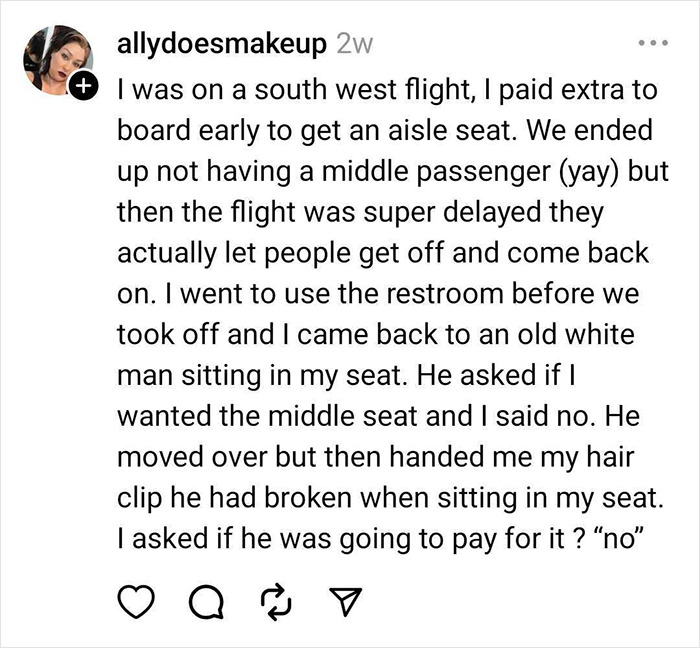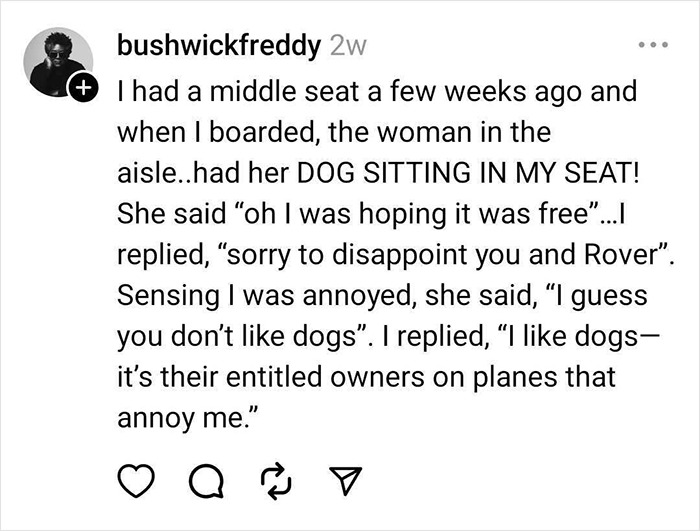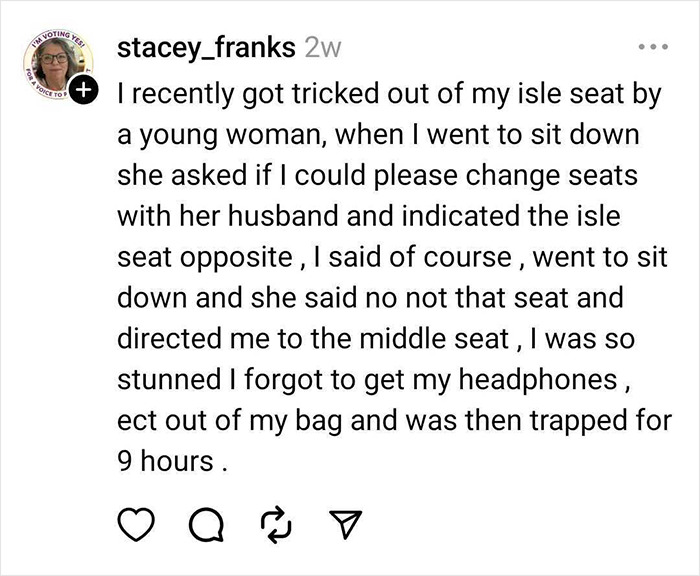Air travel is one of those things that could be way easier if it wasn’t for our entitlement. We just have to complicate it!
Earlier this month, traveler Jen Ruiz made a post about a fellow passenger who refused to sit where he was supposed to, sparking a heated discussion on airline etiquette.
Since then, people have been sharing the worst seat-related disputes they’ve witnessed or been involved in, and it’s clear that there’s no shortage of these incidents.
More info: jenonajetplane.com | Instagram
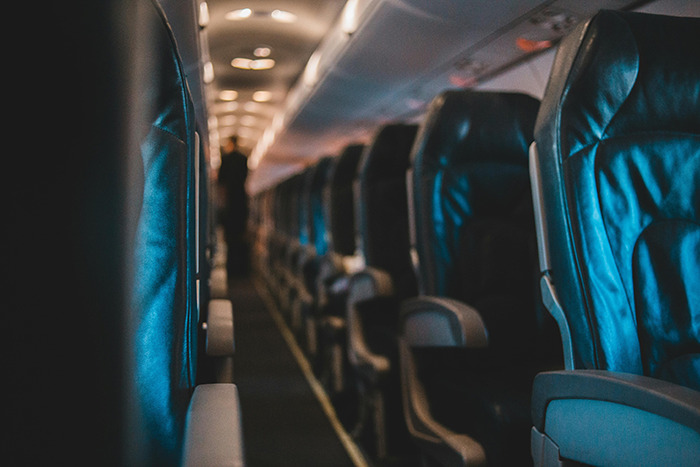
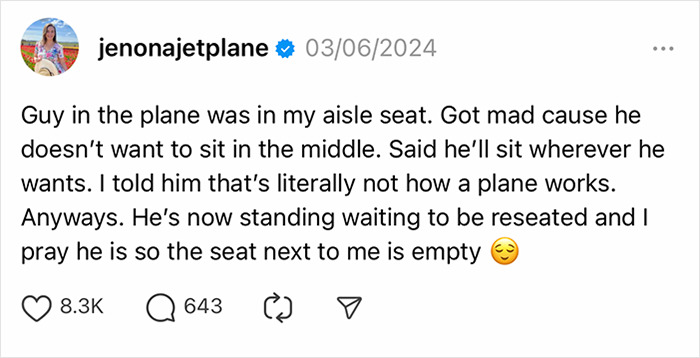




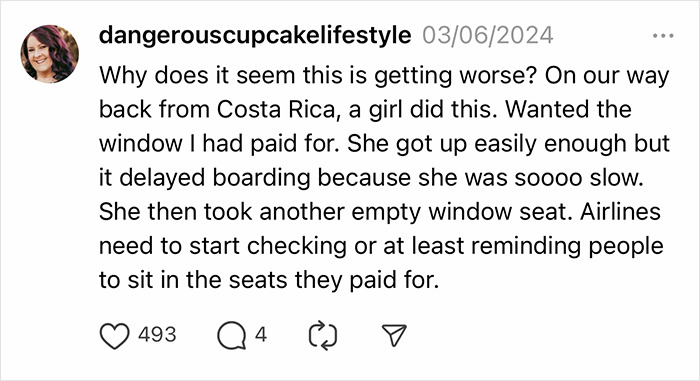
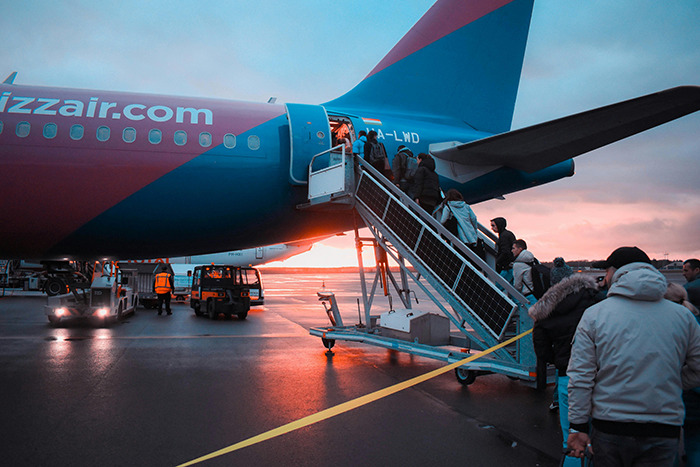
There is growing concern at the increasing frequency and severity of incidents that involve violence against crew and other passengers, harassment, and failure to comply with safety and public health instructions.
The International Air Transport Association (IATA) classifies unruly behavior incidents into four levels. Level 1 is “minor” (IATA’s ‘Cabin Operations Safety Best Practice Manual’ suggests this could be argumentative behavior or non-compliance with safety regulations). Level 2 is “moderate” (for example, physically aggressive behavior). Level 3 is “serious” (when there’s an “intent or threat to injure,” as IATA puts it). Level 4 is “flight deck breach” (which IATA classifies as a “credible threat of death”).
Even though they’re committed by a minority of passengers, unruly incidents have a disproportionate impact, threatening safety, disrupting other passengers and crew, and causing delays and diversions.
Furthermore, statistics from both industry and regulators point to a long-term trend of increasing frequency and severity of unruly passenger incidents. “It seems clear that
this will continue to be an issue that needs to be addressed,” the IATA noted in their 2023 report.
According to the organization’s numbers, the rate in 2021 was 1 incident for every 835 flights. This increased to 1 incident for every 568 flights in 2022.
Disruptive behavior tens of thousands of feet in the air isn’t without consequences.
An FAA representative told CNN they review every unruly passenger report received from airlines. The FAA investigates further when they believe a passenger “may have violated a regulation or federal law.”
Unruly passengers in the US face fines of up to $37,000 per incident, and sometimes even criminal prosecution.
“While we do not have criminal prosecution authority, the FAA is working closely with the FBI and TSA to ensure unruly passengers face additional punishments when warranted,” the FAA spokesperson added.
Airlines can also choose to place disruptive travelers on their internal no-fly lists. The names may be shared with partner airlines – for example, Dutch airline KLM shares this data with its low-cost sister airline Transavia, and passengers are banned from flying with either airline for a minimum of five years if they misbehave on a Transavia or KLM flight.
However, penalizing disruptive passengers – particularly on international flights – can be complicated. Under existing international law, offenses committed on board an aircraft are under the jurisdiction of the authorities in the state in which the aircraft is registered. Because of the legal loopholes, offenses often go unpunished, the IATA stated.
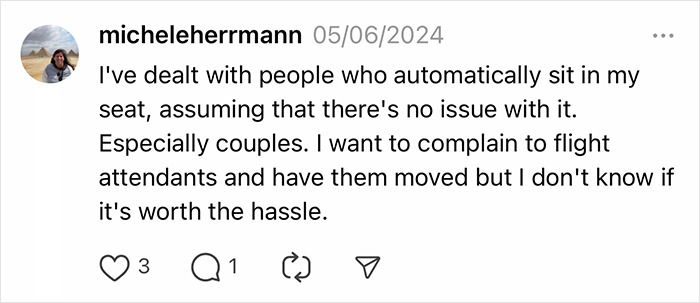
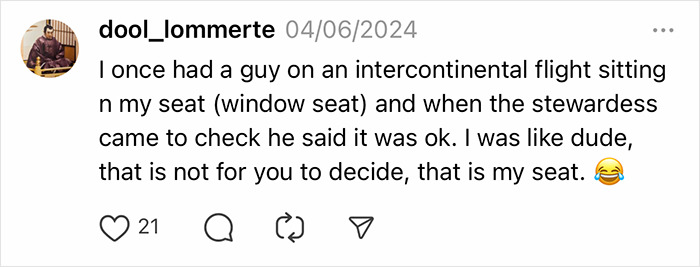
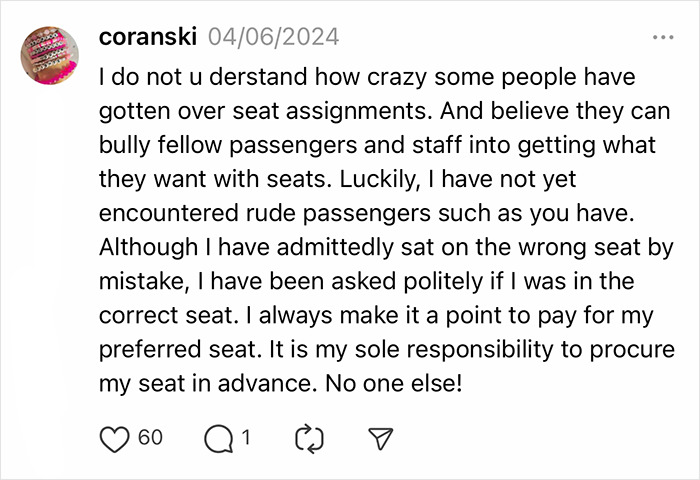
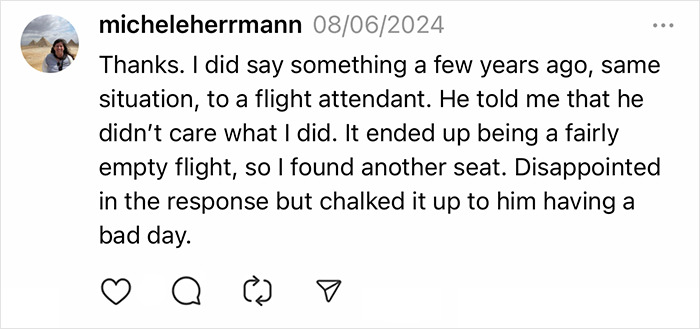
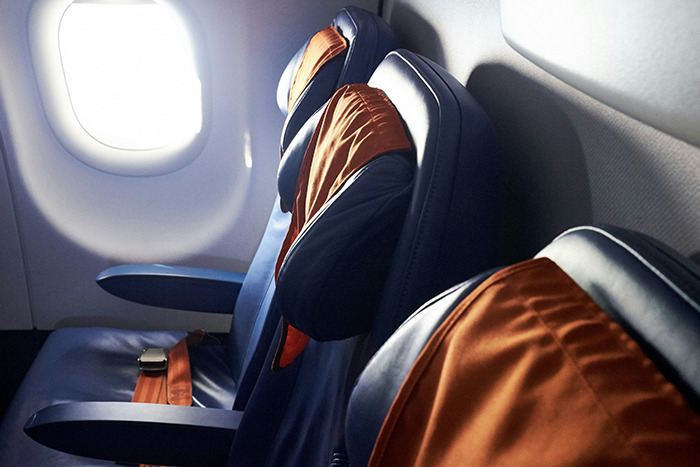
Image credits: Clique Images/Unsplash (not the actual photo)
